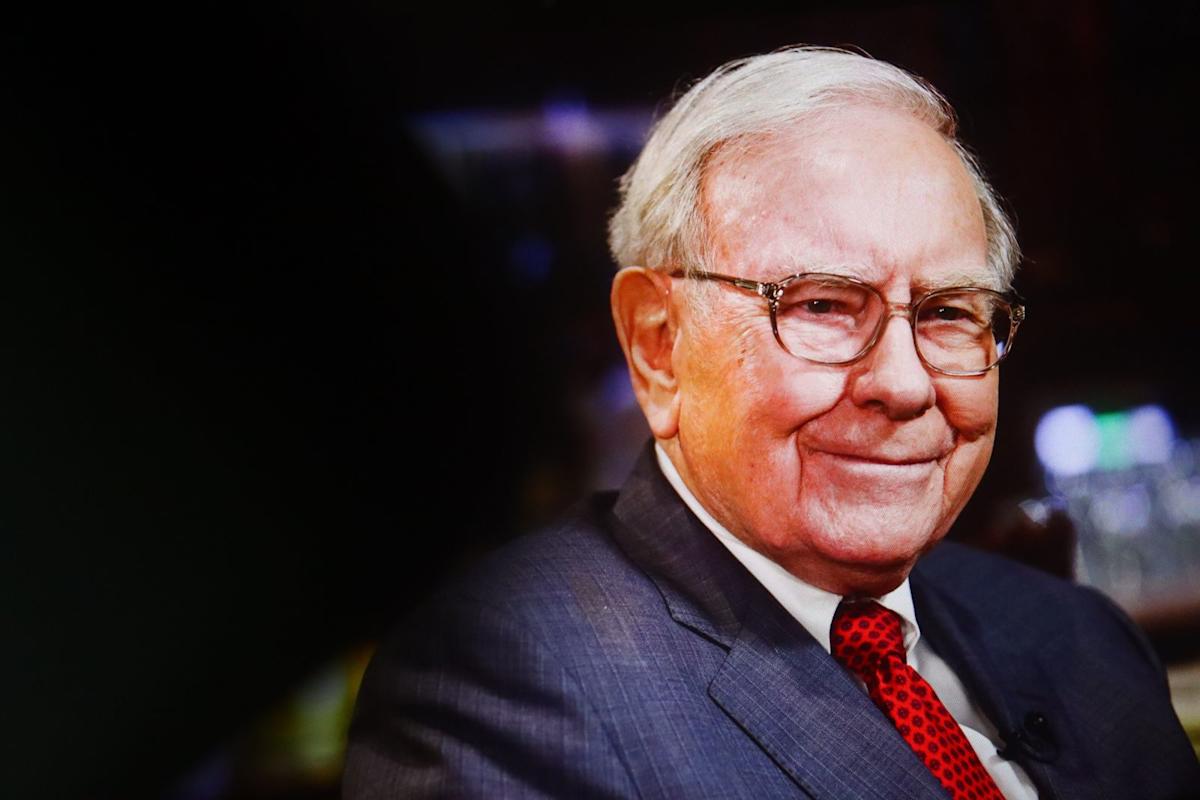‘Growth Eventually Dampens Exceptional Economics’
Warren Buffett, chairman and CEO of Berkshire Hathaway (BRK.B) (BRK.A) , has long been admired for his ability to capture complex economic truths in simple, memorable language. One of his most pointed insights is his assertion that “an iron law of business is that growth eventually dampens exceptional economics.” This message first appeared in his 1985 shareholder letter, but it’s something he has repeatedly reiterated over the past several decades. Most recently, during the 2025 annual shareholder meeting, he reiterated his concerns on the same issue.
During the Oracle of Omaha’s final shareholder meeting, he said ‘It’s too bad that Berkshire has gotten as big as it is because we love that position and I’d like it to be a lot larger than it is.” Continuing along this line, he explained, “We’ve got in the range of $20 billion invested, and I’d rather have $100 billion than $20 billion. Size is an enemy of performance at Berkshire, and I don’t see any good way to solve that problem.”
Those comments were in reference to a sizeable position they’ve built in Japanese trading conglomerates. The trading houses resemble Berkshire Hathaway in their structure, but own substantial stakes in many of the biggest names in Japanese technology and manufacturing. But the issue is, while $20 billion is massive for nearly every entity on the planet, it’s a drop in the bucket for Berkshire. For a company worth $1 trillion, that’s only about 2% of their company.
This issue shows how Berkshire is increasingly limited by their size. They’re trying to find companies with meaningful upside, at good valuations, and where they can spend tens of billions without becoming a majority shareholder. The number of target companies where this is possible is very small. The number of companies that fit Berkshire Hathaway’s investing thesis is even fewer. Those that meet both of these criteria and can be purchased at a valuation fitting for Berkshire? These opportunities are what Berkshire aims for, but they typically only come around due to specific events. For example, Berkshire recently purchased a substantial position in United Healthcare (UNH) due to their stock dropping from ongoing controversy.
The remark reflects a principle that applies across industries and eras: businesses that generate extraordinary returns in their early stages often find it increasingly difficult to sustain those levels as they expand. High returns attract competition, markets become saturated, and the opportunities to reinvest profits at similarly favorable rates decline. Buffett’s phrasing underscores the inevitability of this process — growth, while often celebrated, can erode the very advantages that made a business special in the first place. Ironically, despite his initial warning some 40 years ago, Berkshire has managed to still perform incredibly well, despite its growing size.


